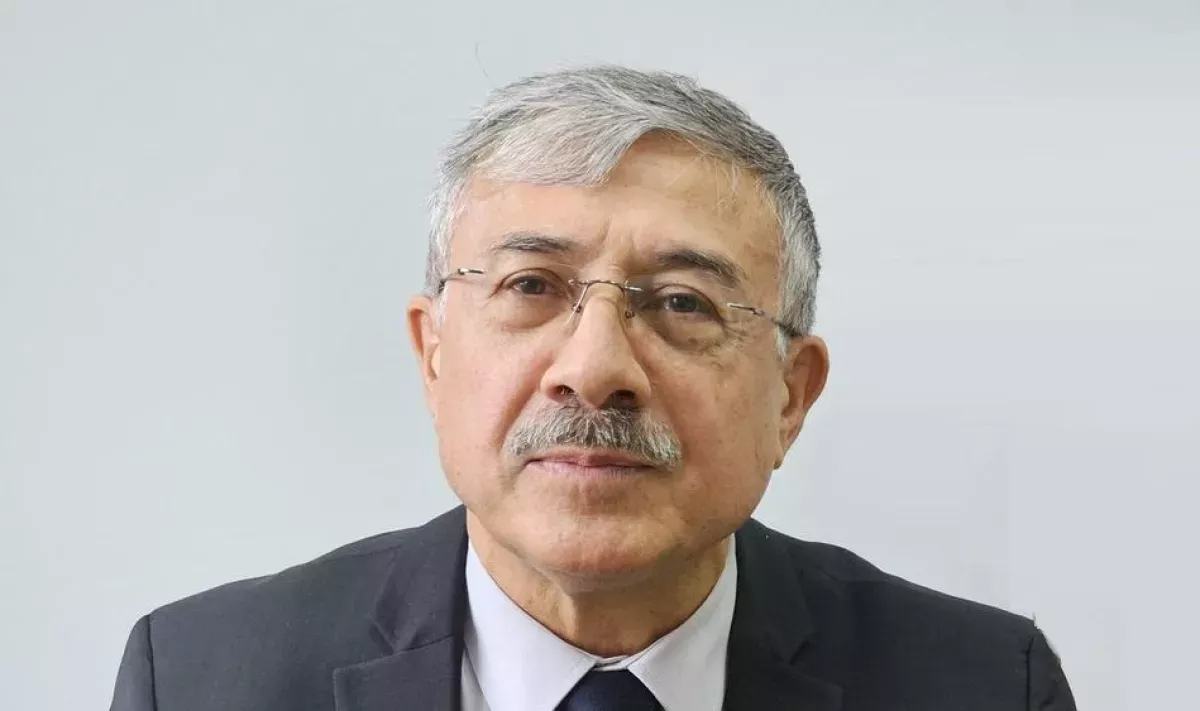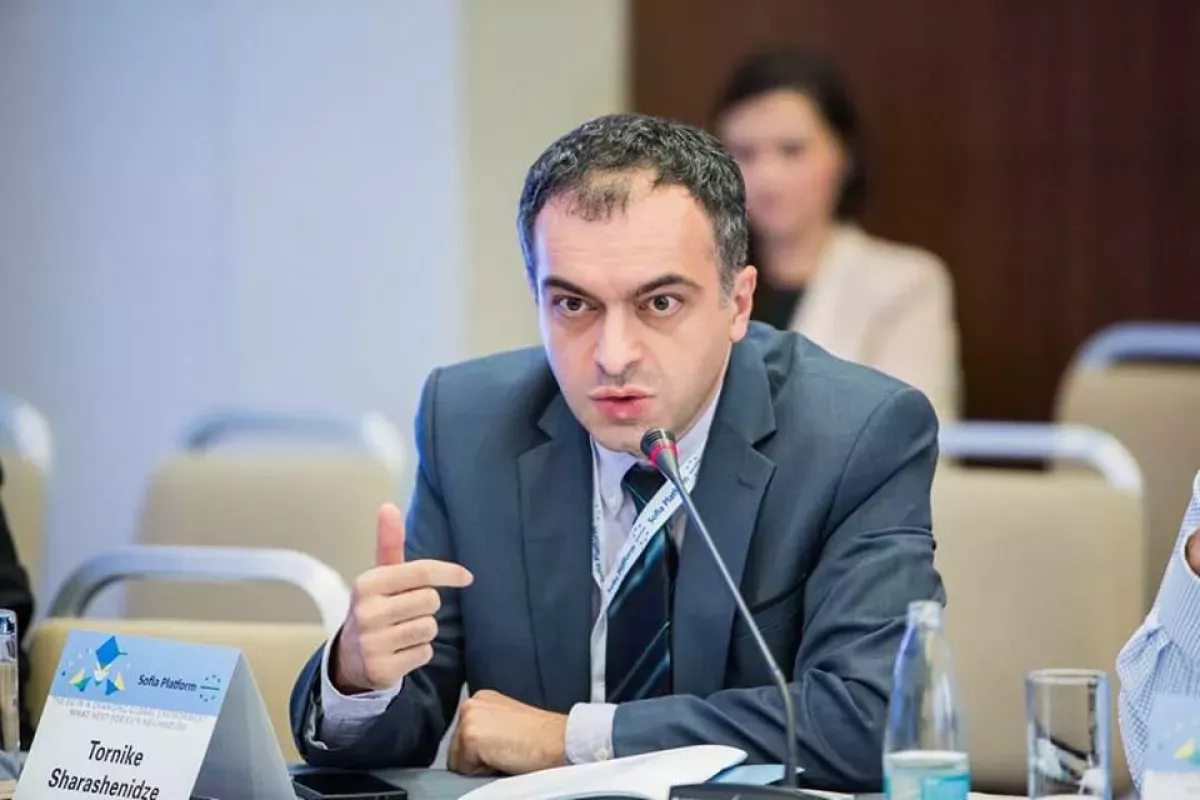Baku and Tbilisi’s measured policy vs Euro-MPs’ hysteria Expert opinions on Caliber.Az
Delegations from the parliaments of Azerbaijan and Georgia will not participate in the 12th plenary session of the Euronest Parliamentary Assembly, which begins today in Yerevan and will continue until 30 October.
As emphasised by the head of the Azerbaijani delegation to Euronest, Tahir Mirkishili, the documents and statements of the European Parliament contradict the sovereignty and territorial integrity of Azerbaijan and do not support the peace process between Baku and Yerevan. On the contrary, they serve the interests of forces seeking to perpetuate conflict in the region.
“I would like to note that this decision is not related to the fact that the event is held in Armenia. Today, peace between Azerbaijan and Armenia is already ensured, and practical steps are being taken to normalise relations,” he said.
At the same time, the head of Georgia’s parliamentary committee on European integration, Levan Makhashvili, stated that Georgia’s decision not to participate in the plenary session in Yerevan is due to the hostile rhetoric of certain MEPs and their participation in protest actions in Tbilisi.
Why do some members of the European Parliament take a confrontational stance and make biased accusations against the official authorities in Baku and Tbilisi? Who shapes this approach? Azerbaijani and Georgian political analysts answer these questions for Caliber.Az.

Expert Chingiz Mammadov believes that the decision of the Azerbaijani delegation not to participate in the 12th plenary session of the Euronest Parliamentary Assembly in Yerevan is logical and reflects the real state of relations between the country and EU institutions.
“The European Parliament is a kind of legislative body of the European Union, while the European Commission is the executive body responsible for how people live in Europe — for food prices, inflation, and energy security. That is why the Commission acts more pragmatically and recognises the role of Azerbaijan, especially in the current circumstances, when energy supplies from Russia to Europe are constrained,” he said.
According to him, the European Parliament, on the other hand, is more susceptible to the influence of major countries such as France and Germany, as well as lobbying groups, including the Armenian lobby.
“In elected bodies, where MPs depend on voter support and funding, it is easier to promote biased interests. That is why Turkophobic and Islamophobic sentiments often emerge in the European Parliament, which affects its stance on Azerbaijan. As a result, relations between our country and the European Parliament remain tense, whereas cooperation with the European Commission is more constructive and mutually beneficial. A parallel can be drawn with France: when the French Parliament adopts biased resolutions, for example on so-called ‘Artsakh,’ the executive branch does not necessarily share that position. The same applies to the European Parliament, whose political line is far from the pragmatism of the European Commission,” the expert said.
In his view, Azerbaijan should continue its measured foreign policy, which has already proven effective.
“We have withstood pressure from Iran, Russia, and France, and ultimately these countries are forced to take Azerbaijan’s position into account. The example with Macron shows that even major European players now consider our interests. Therefore, strengthening ties with the European Commission, both economically and politically, is the right path. Over time, the European Parliament will also be forced to recognise these new realities,” concluded Mammadov.

Meanwhile, the head of the School of International Relations at the Georgian Institute of Public Affairs, Professor Tornike Sharashenidze, noted that there is a certain difference between the Azerbaijani and Georgian cases.
“Azerbaijan does not intend to join the European Union, whereas Georgia aspires to EU membership, and expectations are that it should behave like, for example, Moldova — that is, act in a compliant and predictable manner. However, Georgia does not do so, which is why protests have long been occurring in the country, allegedly backed by Europe and European funding, according to the leadership of the ruling party, Georgian Dream.
As a result, relations are undoubtedly strained, especially since the EU does not hide its dislike of Georgian Dream and its policies. Georgia refused to participate in Euronest because it fears conflictual situations and further deterioration of bilateral relations. Such precedents can occur, and therefore, sometimes it is better to stay outside these processes or above them. Let them discuss and criticise without us,” said Sharashenidze.








